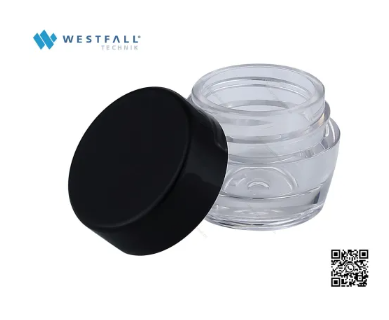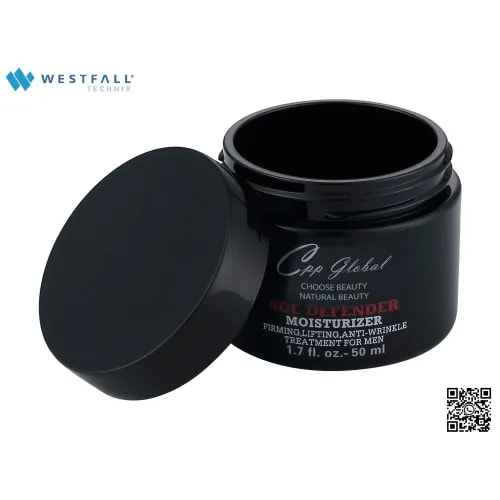Skincare Packaging: Glass vs Plastic – Which One Is Better for You?
When choosing skincare products, most of us focus on the ingredients, but the packaging also plays a crucial role in product safety, sustainability, and user experience. One of the most common dilemmas consumers and skincare brands face is choosing between glass vs plastic packaging.
This comparison isn’t just about looks. The type of skincare packaging you choose can affect everything from product preservation to environmental impact. If you're a skincare brand owner, formulator, or conscious consumer, understanding the pros and cons of glass vs plastic skincare packaging will help you make a smarter decision.
Glass vs Plastic Skincare Packaging: Quick Comparison
| Feature | Glass Packaging | Plastic Packaging |
|---|---|---|
| Aesthetics | Premium, elegant look | Lightweight, versatile designs |
| Durability | Fragile, can break easily | Shatter-resistant and flexible |
| Weight | Heavier, increases shipping cost | Lightweight and travel-friendly |
| Environmental Impact | Recyclable, reusable, more eco-friendly | May be recyclable, but not always reused |
| Cost | Generally more expensive | Budget-friendly for mass production |
| UV Protection | Often better (especially amber glass) | Can vary depending on plastic type |
| Product Compatibility | Ideal for oils and active ingredients | May react with certain formulations |
Why Packaging Matters in Skincare
If you’re looking for long-term product stability and brand trust, the right packaging can make all the difference. Packaging protects your skincare formula from light, air, and contamination — which directly affects its shelf life and effectiveness. It also communicates your brand values, especially around sustainability and luxury.
Glass Packaging: A Sustainable and Luxurious Choice
If you want a premium, eco-conscious image, glass packaging is a strong option. It’s 100% recyclable, non-reactive, and ideal for preserving active ingredients like Vitamin C or essential oils. Many high-end and organic skincare brands prefer glass for these reasons.
However, it’s heavier and more fragile. If you’re a brand shipping internationally or a consumer looking for travel-friendly products, glass may be less practical.
Best for: Boutique brands, eco-conscious consumers, serums, oils, luxury creams.
Plastic Packaging: Convenient, Cost-Effective, and Practical
If you're prioritizing affordability and convenience, plastic is often the go-to. It’s durable, lightweight, and available in countless styles and sizes. For brands producing in bulk or consumers who travel often, plastic packaging is easy to handle and cost-efficient.
The downside? Some plastics can leach chemicals or degrade over time, especially when exposed to sunlight or heat. Not all plastic is recyclable, so the environmental impact varies.
Best for: Mass-market brands, budget-conscious consumers, lotions, gels, travel kits.
Which One Is Suitable for Your Situation?
Are you a brand focused on sustainability? → Go with glass.
Need something unbreakable and lightweight for travel? → Choose plastic.
Selling active ingredient-based serums? → Glass offers better protection.
Want to minimize packaging costs? → Plastic might be the better fit.
Expert Tips for Choosing the Right Skincare Packaging
Test Compatibility: Always test your formula with the packaging material.
Consider Your Target Audience: Eco-conscious users prefer recyclable or reusable options.
Balance Cost vs Brand Image: Glass enhances luxury appeal but raises shipping costs.
Label Clearly: Regardless of packaging, clear labeling builds trust and compliance.
Final Recommendation: Choose Based on Your Priorities
There’s no one-size-fits-all answer. The better skincare packaging—glass or plastic—depends on your goals:
Choose glass if your focus is on preserving product quality, sustainability, and luxury branding.
Opt for plastic if you need affordability, portability, and convenience.
If you're still unsure, try offering both options in your product line and let your customers decide.
Want to improve your skincare brand’s packaging strategy? Start by identifying your core values—sustainability, cost, performance, or user convenience—then match them with the right packaging solution.



